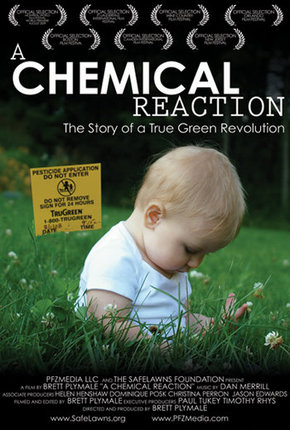About Hudson, Quebec.
Hudson, Quebec, Canada, is an off-island suburb of Montreal, with a population of 5,135 (2011 Canada Census). It is located on the south-west bank of the lower Ottawa River, in Vaudreuil-Soulanges Regional County Municipality, situated about 60 kilometres west of downtown Montreal. The town of Hudson was founded in June 1969 by merging the surrounding villages of Hudson, Hudson Heights and Como.
Borrowed and Adapted from Wikipedia
Borrowed and Adapted from Wikipedia
Hudson's Ecological Achievements
The town of Hudson has an active and informed community, often at times coming together to fight for certain ecological rights. The town gained notoriety in 1991 by becoming the first municipality in North America to ban the use of pesticides on lawns, leading the way for many to follow suit. A battle with two pesticide companies ensued and on June 28th 2001, leaning on the precautionary principle, the Supreme Court of Canada ruled in the town's favor by a 9-0 vote to uphold it by-law 207, which bans the cosmetic use of pesticide on public and residential property.
|
A Chemical Reaction, a documentary movie produced by PFZMedia in 2009, tells the story of one of the most powerful and effective community initiatives in the history of North America. It started with one lone voice in 1984. Dr. June Irwin, a dermatologist and Hudson resident, noticed a connection between her patients health conditions and their exposure to chemical pesticides and herbicides. With relentless persistence she brought her concerns to town meetings to warn her fellow citizens that the chemicals they were putting on their lawns posed severe health risks and had unknown side effects on the environment. A Chemical Reaction examines how Hudson, Quebec, became the first town in North America to ban these products and inspired hundreds of others to follow suit.
|
Hudson Food Collective and Hudson
Through understanding who we are and where we live, we can better nurture the legacy of Hudson’s ecological integrity and our collective cultural heritage. Through relationship building and networking, we can become a more resilient, cohesive community that is able to innovate using our collective capacity. From the beginning, the HFC has focused on the development of mutually-beneficial partnerships between people and groups in Hudson and outside, with strong ties to the Notre-Dame-de-Grace neighbourhood of Montreal and Concordia University. The HFC believes engaged research in partnership with community-focused initiatives can generate lasting sustainable change.
